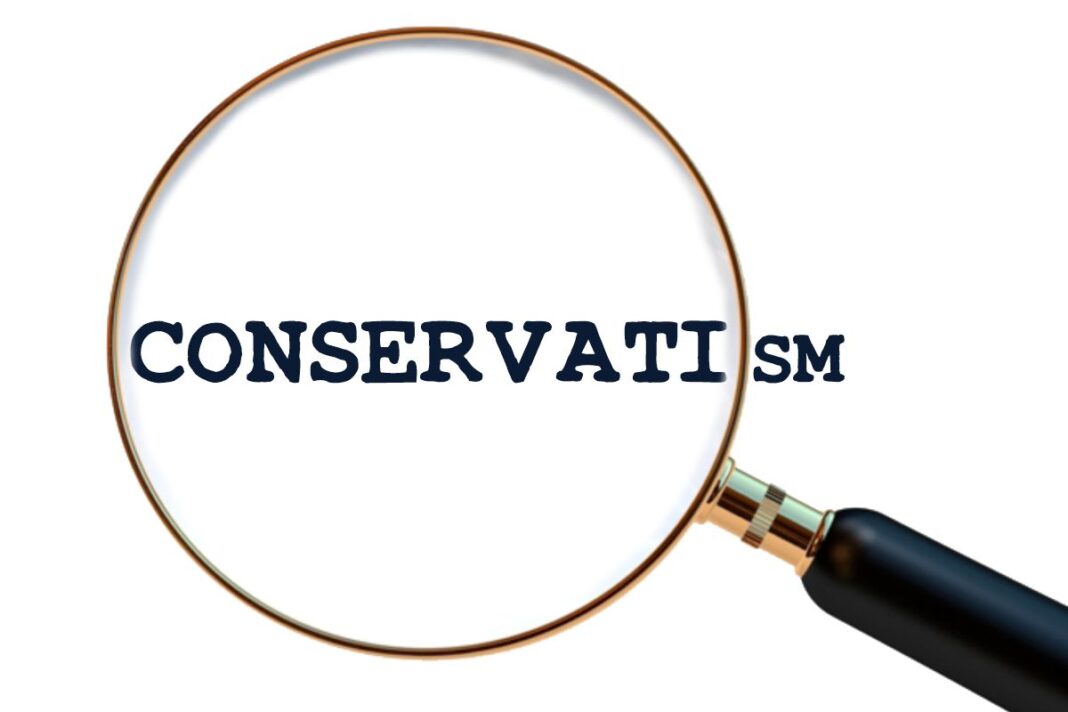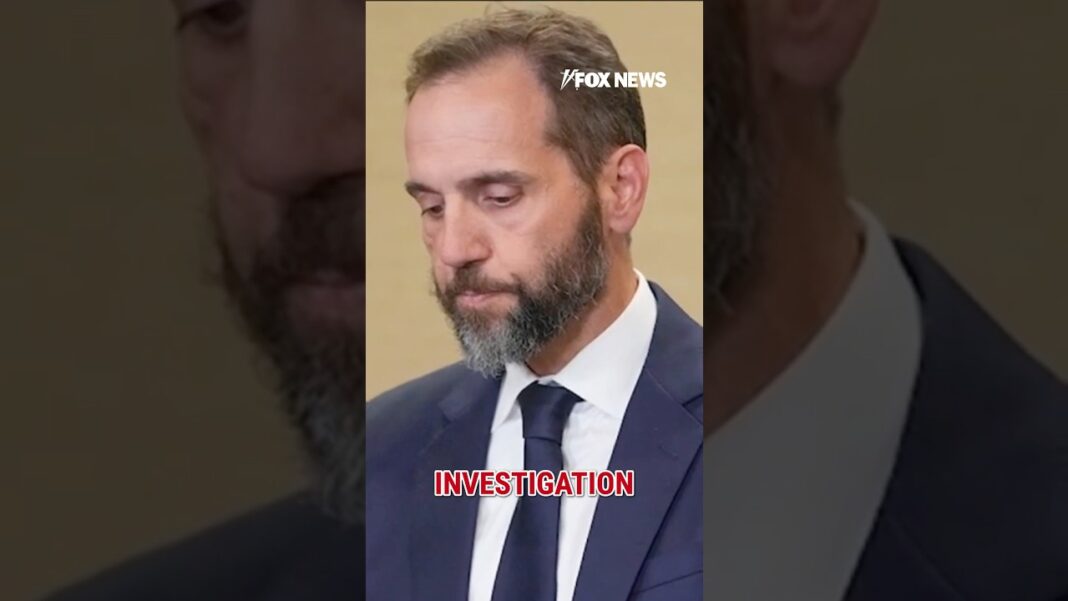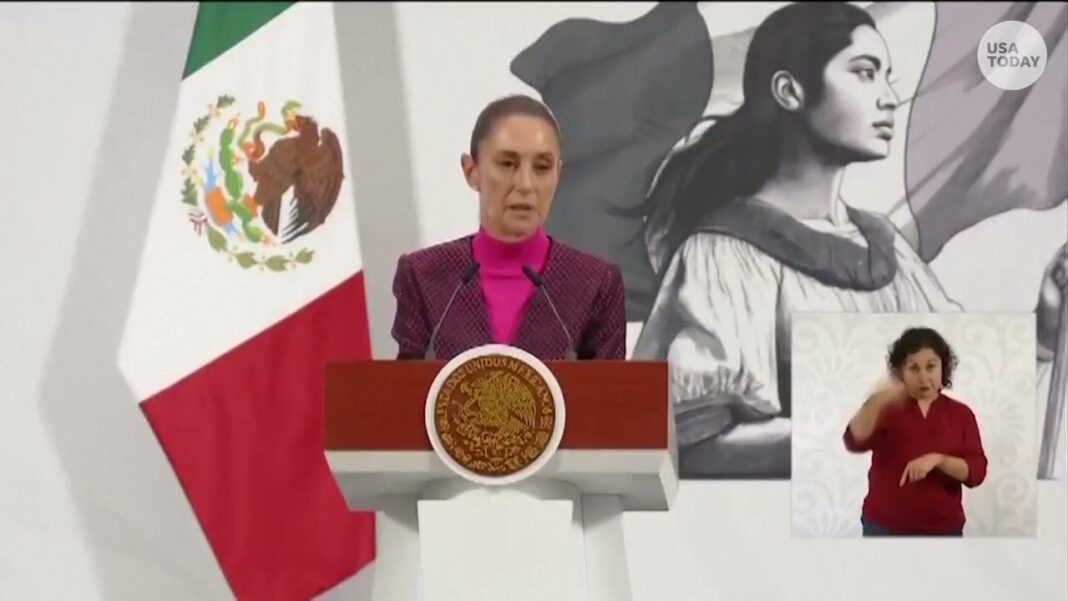The concept and practice of conservatism are based primarily upon the maintenance and preservation of the economic and governmental liberty of the individual citizen to choose and do what is good and best for that person’s goals and interests. As President Ronald Reagan quipped on one occasion in 1985, “Libertarianism more closely equates the essentials of conservatism than any other philosophy of government.” Liberalism is conversely the stark absolute opposite of conservatism as it flippantly embraces and proclaims government as the fascist authoritarian source of the inalienable rights comprised of the individual’s life, liberty, and the pursuit of happiness; when the certain absolute source of those rights has always been the God of nature and the real purpose of government was but the securing of those precious rights through the application of law.
As history has ascertained and recorded for thousands of years, to every question posed under heaven there is a reasonable correct answer to be found by careful research and examination in order to properly address the particular issue. For example, is stealing from a bank or retail store the proper and good means of getting what you want? Or, is murdering another human being the proper and good way of solving a heated argument? The answers to these two poignant questions are clearly quite obvious, as theft and murder have been for thousands of years felonious crimes punishable harshly under common and codified law. No sensible reasonable person would ever openly advocate theft or homicide as rational moral acts without fearing recrimination. Yet, these two horrible crimes are committed frequently every day of every year by people who have been considered normal, sensible, and reasonable by society. This has, however, been unfortunately going on in the world since the inception of law and justice, and for this reason law enforcement officers have been established by government and given license to find, apprehend, and jail the people who commit crimes.
During the first glorious ten decades of the American republic, conservatism and liberalism were not terms bandied about and used glibly by media journalists and writers to describe a political state of mind or philosophical ideology. In fact, the terms were not used in print. The governance of the United State of America was born and maintained during that time under an accepted and approved standard of law and ideology expressed succinctly by the specific simple dictates of the US Constitution, a standard that was later embraced by conservatism. This ideology was the age old philosophy of idealism, which was supplanted during the 1890s by an introduction of a philosophy called pragmatism, which purported the popularly accepted notion that there was no right or wrong, good or evil, to any issue, but an objective of achieving a desired end, whether good or evil. This was especially useful in government to undermine established law by persuading impressionable men and women in the federal government that obtaining illegal end results and goals through conspiracy fully justified the illegal unconstitutional means of obtaining them.
As true correct history properly reflects, there had been, nonetheless, federal officers early on during George Washington’s first administration as President who had deceptively worn the clothes of people dedicated to the maintenance of Constitutional standards while at the same time underhandedly and secretly conspiring to subvert Constitutional rules and mandates to inexorably exceed the limitations set by the Framers for the federal government. One of these officers was Alexander Hamilton, who desperately wanted to see a British-style central bank legislated into existence by Congress, even though the Legislative branch had no power, under Article 1, Section 8 of the Constitution to create such a banking entity and a National Banking Act. Thomas Jefferson, the first Secretary of State, had clearly understood that what Hamilton was orchestrating was direly wrong and unconstitutional and tried hard to convince President Washington of it, but Washington was easily swayed by Hamilton’s sophistic rhetoric, and ended up signing the unconstitutional National Banking Act into law. More simply put, before the appearance of formal of pragmatism the awful age-old process of human conspiracy to plan and commit horrid criminal acts was regarded by the great majority of the sensible citizens of the USA as darkly evil. The late-19th Century advent of pragmatism that displaced idealism with the notion that good and evil were antiquated moral judgments, were great boons to the eventual mass toleration and acceptance of social immorality; and ushered into the 20th Century a governmental, economic, and social darkness that closely accompanied Theodore Roosevelt’s big stick policy of might makes right with the flagrant nihilism of Woodrow Wilson’s progressive negation of US Constitutional rules and mandates.
Conservatism, therefore, became the badge proudly worn by the members of the electorate who fervently and vehemently sought to uphold the standards and laws originally placed by the Framers into the US Constitution and the Bill of Rights. It is most certainly the mantra of the People of the United States who want to possess and use their inalienable rights of life, liberty, and the pursuit of happiness.








